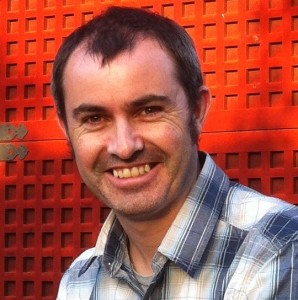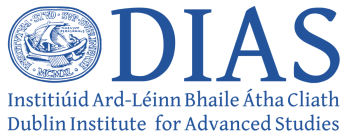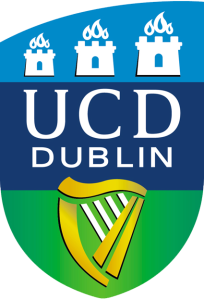Thomas Doyle: Marine Biologist

Your name?
Thomas Doyle
Your job title?
Marine Biologist
Describe your job and what are your main tasks / responsibilities as a Marine Biologist?
In general, I spend 35% of my time lecturing to undergraduate students, 35% doing research and then the remaining 30% on administration and other university activities including outreach. I teach a range of undergraduate courses (marine zoology, community ecology, introduction to invertebrates). My research expertise is in biotelemetry (animal tracking) and jellyfish ecology.
How do you use mathematics within your job?
I use mathematics all the time, especially for my research. Mathematics is actually at the heart of most of science. For example, as a scientist, I make observations from which I might formulate a hypothesis. However, to test this hypothesis I need to come up with a prediction (based on my hypothesis) that I can test. I then go out and collect data to test my prediction. Then using mathematics (or more specifically ‘statistics’) I can accept or reject my hypothesis. (Note: generally you develop a ‘null hypothesis’ as it’s impossible to prove a hypothesis is true.)
What type of mathematics do you use to solve problems?
Mostly I use statistics.
What aspects of the mathematics curriculum or mathematics courses have proven most useful to you?
Definitely statistics.
What is your education to date?
In terms of sciences subjects, I did biology and physics for my leaving certificate. I then trained (and worked) as an electrician before going back to college to get a Certificate in Sciences at Galway Mayo Institute of Technology (1999). After that I transferred to National University of Ireland Galway (NUIG) to do a BSc in Zoology (competed in 2002). Once I graduated I travelled and worked abroad for a year and then began a PhD on the behaviour and ecology of leatherback sea turtles in Irish waters in 2003. I am now a lecturer in zoology at NUIG.
What advice would you give to someone considering your job?
I would follow the advice that someone once gave to me… find a subject that you love doing and stay true to it. Don’t worry about where the jobs are, if you really enjoy a subject you will get really good at it and then a job with find you.
What do you find most interesting in your job and what do you find are the main challenges?
Doing fieldwork is one of the highlights for sure. It’s great to be out on a boat or on a rocky shore studying animals. Challenges? Trying to inspire 120 students on a Monday morning about the joys of parasites.





